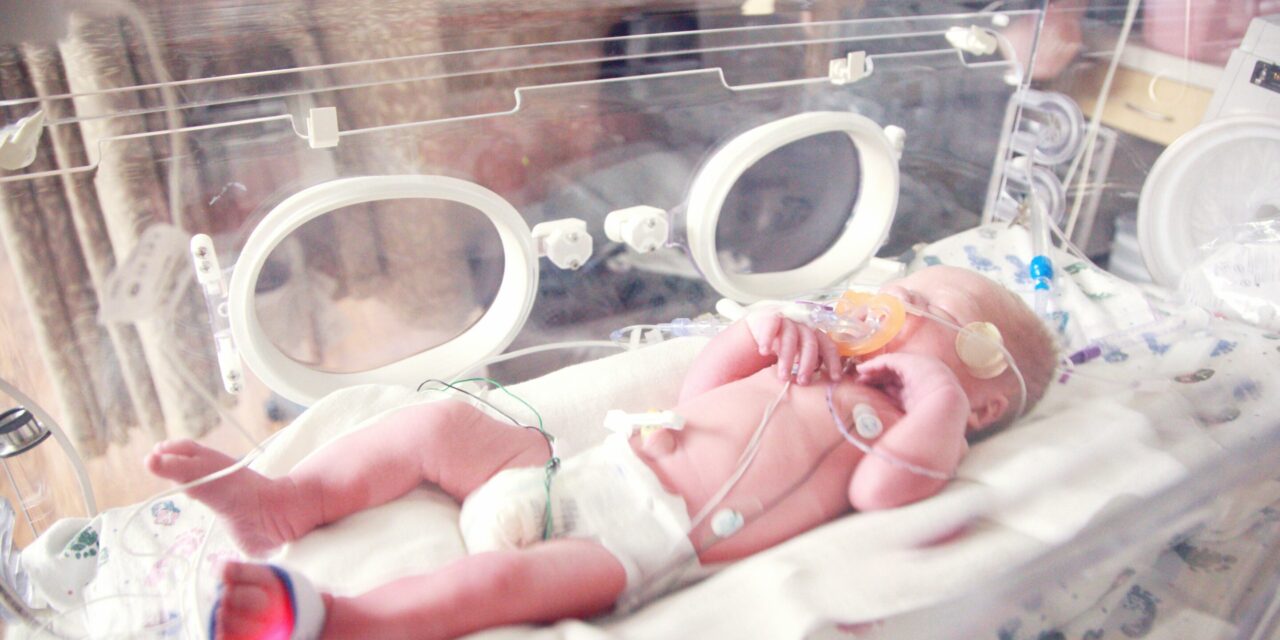A groundbreaking study has found that administering steroid medications to pregnant mothers before preterm birth may enhance lung and placental function, potentially preventing bronchopulmonary dysplasia (BPD), a common lung disorder in premature infants.
The study, published in the American Journal of Physiology-Lung Cellular and Molecular Physiology, explored how prenatal steroid treatments impact lung function and placental structure in the presence of infection and inflammation. Conducted on rats, the research suggests that steroids could play a vital role in improving outcomes for premature infants.
Understanding Bronchopulmonary Dysplasia (BPD)
Globally, about 10% of babies are born prematurely, with many experiencing impaired lung development. BPD, a condition marked by breathing difficulties and dependence on supplemental oxygen, is a major concern in neonatal care. It is often linked to chorioamnionitis, an inflammatory infection in the mother’s uterus. The severity of the mother’s infection typically correlates with the severity of BPD in the infant.
While it is standard medical practice to administer steroids to pregnant women at risk of preterm birth to aid in fetal lung development, the effects of these treatments on the placenta have not been extensively studied until now.
Key Findings from the Study
Researchers analyzed the impact of prenatal steroid treatments on placental tissue and neonatal lung function two weeks after birth. In the study, pregnant rats received the steroid betamethasone two days before giving birth. The results showed promising improvements:
- Restored lung structure in preterm infants.
- Increased pulmonary vessel density, crucial for oxygen delivery.
- Normalization of spiral artery formation in the placenta, which facilitates nutrient and oxygen exchange between mother and baby.
- Reduction in inflammatory signaling and an increase in placental prolactin, a hormone essential for pregnancy maintenance. Interestingly, prolactin’s role in lung development or injury is yet to be fully understood, making it a promising avenue for future research.
“These findings suggest that antenatal steroids improve placental function, preserve lung growth, and prevent right ventricular hypertrophy in infant rats, indicating a potential benefit in preventing BPD,” the researchers stated.
Implications for Neonatal Care
This study provides valuable insights into the dual benefits of steroid treatments—not only aiding in fetal lung maturity but also improving placental health. Understanding these mechanisms could lead to refined treatment protocols for expecting mothers at risk of preterm labor and help reduce the incidence of BPD in premature infants.
Disclaimer
This study was conducted on animal models, and while the findings are promising, further research is needed to confirm similar benefits in humans. Pregnant individuals should consult their healthcare providers before considering any medical treatment.











